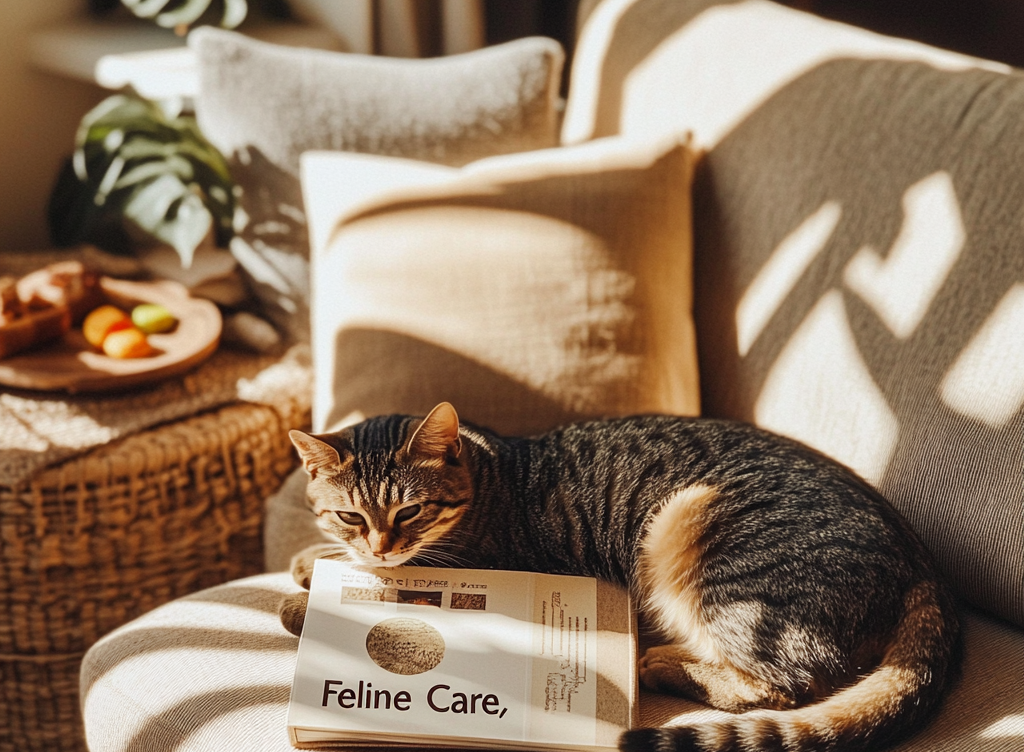
Expert Cat Care Guide: Nutrition, Behavior Tips, and Vet Advice for a Happy Feline
Your Ultimate Guide to Cat Health and Happiness
Understanding Your Cat’s Nutritional Needs
Welcome to our weekly feature with Dr. Paola, where we delve deep into the world of feline wellness. Knowing what to feed your cat is crucial to their health, and it’s not just about picking the right brand of cat food. Cats are obligate carnivores, which means they require a diet high in protein and fat from animal sources.
A study by the Journal of Nutritional Science highlights that a protein-rich diet is essential for maintaining a cat’s optimal health. However, not all proteins are created equal. Cats benefit more from animal-based proteins which contain all the essential amino acids they need.
It’s also important to be cautious about the common misconception that cats need milk. Most adult cats are lactose intolerant, which means milk can actually lead to digestive issues. Instead, ensure your cat always has access to fresh, clean water. For tailored advice on your cat’s diet, consider consulting a veterinary nutritionist who can provide a balanced, species-appropriate feeding plan.
Decoding Cat Behavior: Stress and Anxiety Solutions
Is your cat often hiding or seemingly on edge? Understanding the root of these behaviors is the first step in helping them. Stress and anxiety can manifest in various ways, including aggression and excessive grooming. Dr. Paola recommends creating a safe space for your cat, such as a quiet corner with a comfortable bed and their favorite toys.
According to research from Veterinary Sciences, environmental enrichment, including interactive toys and regular playtime, can significantly enhance your cat’s psychological well-being. It’s also advantageous to maintain a consistent routine, as cats are creatures of habit and thrive on predictability.
For persistent issues, positive reinforcement training can be very helpful. Rather than punishment, which can exacerbate stress, rewarding your cat for calm behaviors encourages them. Consult with a feline behaviorist for guidance tailored specifically to your cat’s needs.
The Importance of Regular Veterinary Care
One of Dr. Paola’s key pieces of advice for cat owners is to not skip the veterinarian appointments. Regular check-ups can preempt many health issues and ensure your cat lives a long, happy life. These visits are essential for vaccinations, parasite control, and health screenings.
As per the American Association of Feline Practitioners, cats older than seven should see the vet at least twice a year. For younger cats, annual visits are usually sufficient. These check-ups are crucial as cats are notorious for hiding illness, and early detection can lead to better management of potential health problems.
If you notice any unusual signs in your cat, such as changes in appetite, weight loss, or changes in litter box habits, don’t delay in consulting your vet. Early intervention is often key to successful treatment.
Wrapping Up: Your Cat’s Health and Happiness
We hope this guide helps you understand the critical aspects of cat care. Remember, each cat is unique, and what works for one might not work for another. For specific concerns or more detailed guidance, scheduling a consultation with your vet or a cat health specialist is always the best course of action.
Join us next Monday for more expert insights from Dr. Paola. We’ll be discussing the latest in cat health innovations and more tips for enriching your feline friend’s life. Stay tuned!
Your diligent attention to your cat’s health and wellness sets the stage for a fulfilling and joyful relationship. It’s not just about healthcare; it’s about creating a nurturing environment for your furry friend to thrive. Let’s make every day better for them, together.
